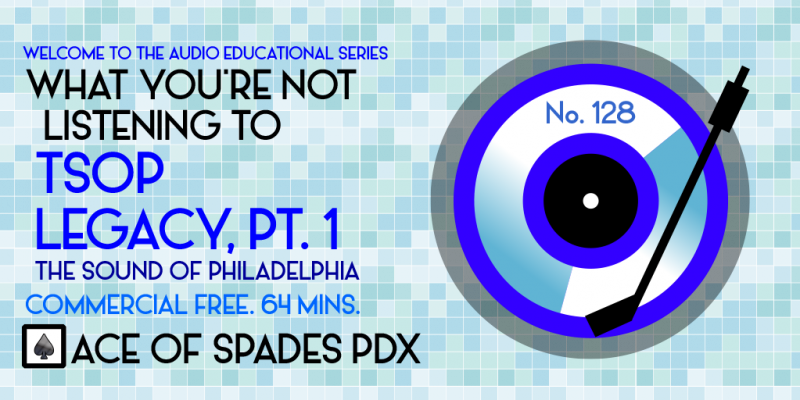Podcast: Play in new window | Download | Embed
A look back at recordings from the greatest and most important R&B label of the 1970’s, Philadelphia International Records, on their 50th anniversary with a selection of songs that go far beyond better known recordings to many lost gems and fan favorites spanning almost their entire 20 year output. #TSOP50 #PIR #Soul #randb #blackmusic #4thofjuly #1970s #1980s
Imagine being a part of the founding of an entire music genre or sub-genre. Then imagine being a part of two. Then three. Then four. And all in a span of less than a decade. Though they may not have known it when they started, Philadelphia-born Kenny Gamble, originally a Doo-Wop singer, and New Jersey-born Leon Huff, a keyboardist, did exactly that.
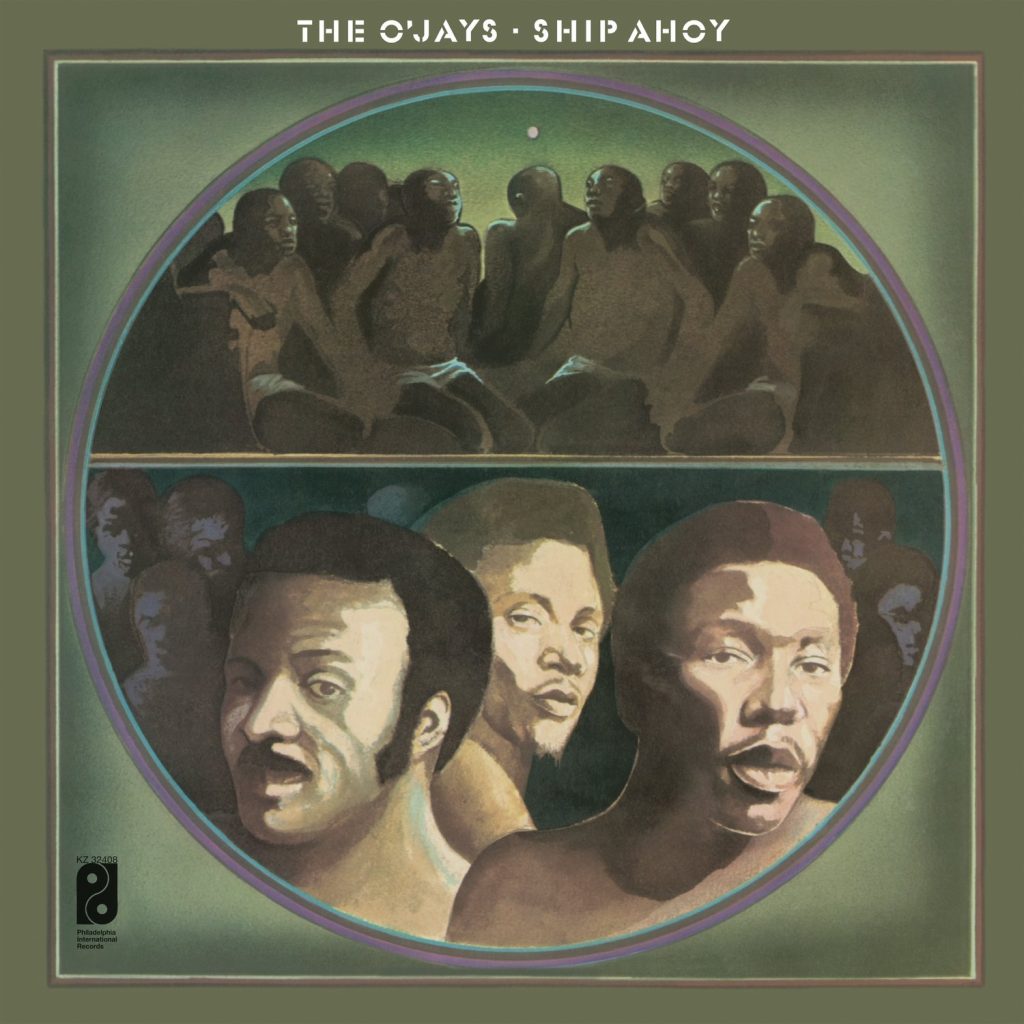
Gamble was discovered and managed by a songwriter, producer and independent label owner named Jerry Ross, and the pair worked on numerous sessions for other artists, and finally received a huge break when one of their songs, “I’m Gonna Make You Love Me” became a huge international smash for Diana Ross and Supremes with The Temptations. It was at one of these sessions that Huff met Gamble, and the two became close.
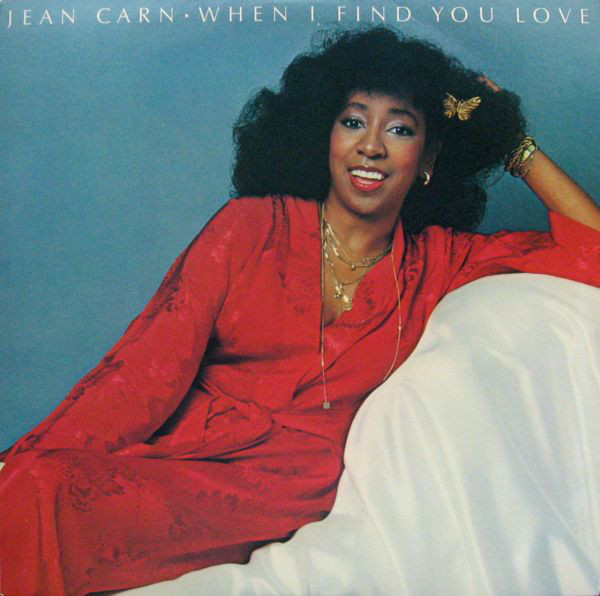
Gamble and Huff wanted to start their own label in the vein of Motown Records, which was the biggest Black-owned label and business in the United States. They launched Gamble Records, and started working with other acts they would discover, most notably The Intruders on a series of major hits. They would also befriend Jamaican-born transplant, Thom Bell, a songwriter and producer, and in 1971, started Philadelphia International Records (PIR).
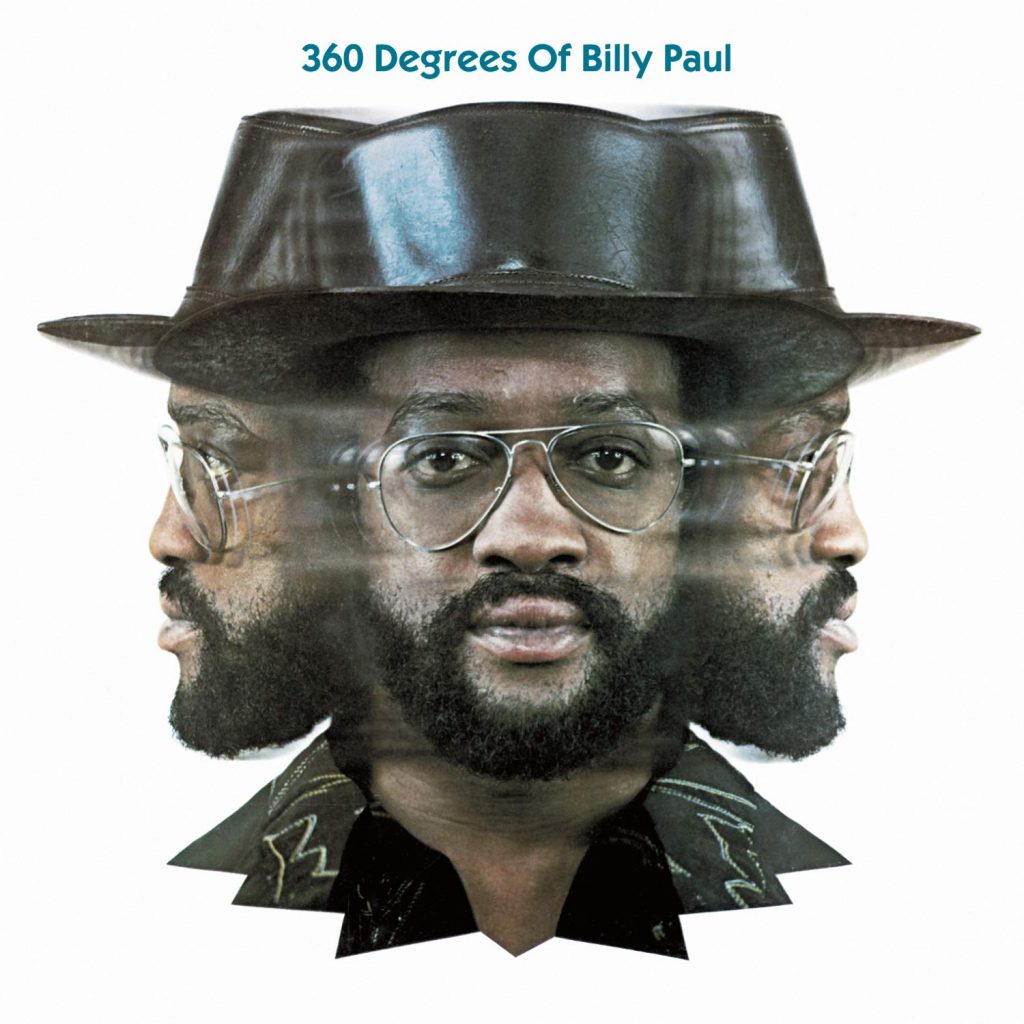
The trio not only worked with artists on their own label, but wrote and produced hits for acts on other labels as well, notably the Stylistics on AVCO, The Spinners on Atlantic and many artists on CBS labels. They would also attract a wide variety of other production talents, such as McFadden and Whitehead, Bunny Sigler, Norman Harris and a white Jewish lyricist named Linda Creed.
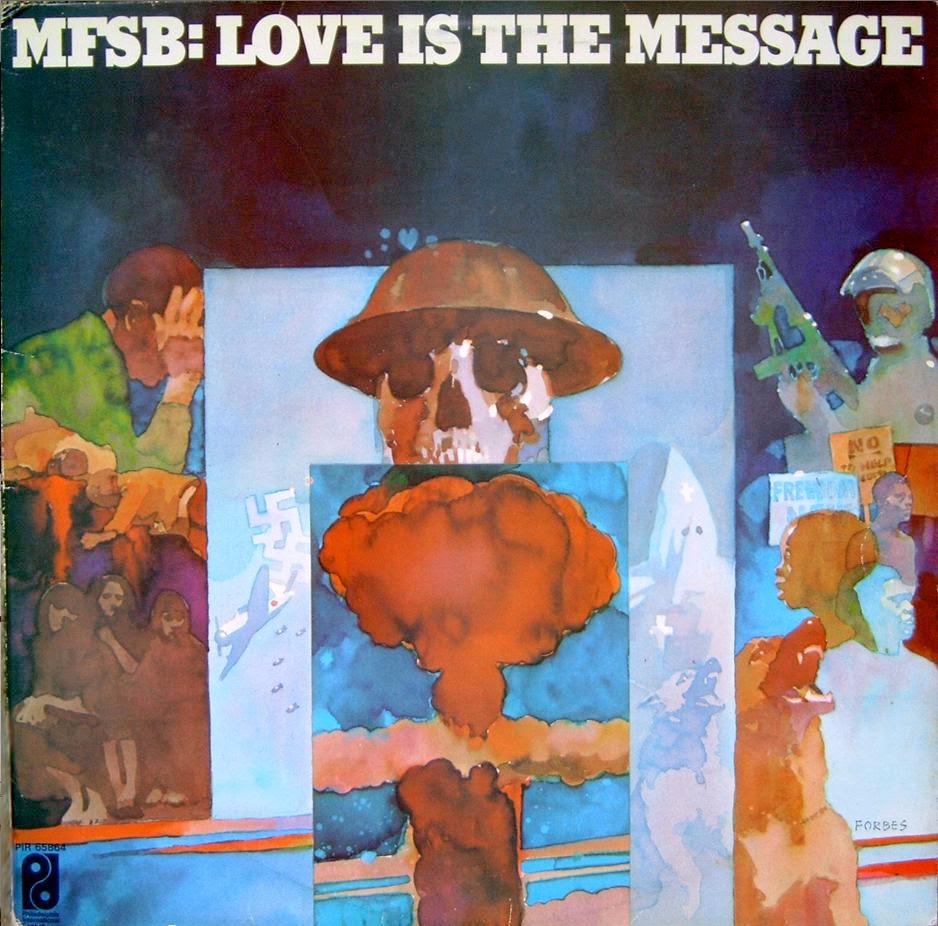
Where other Black labels had a house band with a distinctive sound, like The Funk Brothers at Motown and Booker T. and The M.G.’s at Stax, PIR had a house orchestra they named MFSB, for Mother, Father, Sister, Brother, musicians that were often employed at Sigma Sound in Philadelphia, founded by audio engineer Joe Tarsia. The studio became so associated with 1970’s soul music that even David Bowie recorded his Young Americans LP there.
We will continue this story in Part 2 of this program, which will broadcast tomorrow, July 1st.
First Part
- TSOP, 1974, MFSB featuring The Three Degrees, Love Is The Message
- I’m Not In Love, 1975, Dee Dee Sharp Gamble, Happy ‘Bout The Whole Thing
- Me And Mrs. Jones, 1972, Billy Paul, 360 Degrees Of Billy Paul
- Love, Need And Want You, 1983, Patti LaBelle, I’m In Love Again
- Midnight Dancer, 1979, Silk, Midnight Dancer
Second Part
- Was That All It Was, 1979, Jean Carn, When I Find You Love
- Blues In A Minute, 1974, Thad Jones and Mel Lewis, Potpourri
- Close The Door, 1978, Teddy Pendergrass, Life Is A Song Worth Singing
Finale
- Ship Ahoy, 1973, O’Jays, Ship Ahoy
Love to you all.
Ben “Daddy Ben Bear” Brown Jr.
Host, Show Producer, Webmaster, Audio Engineer, Researcher, Videographer and Writer
Instagram: brownjr.ben
Twitter: @BenBrownJunior
LinkedIn: benbrownjunior
Design Site: aospdx.com
“Copyright Disclaimer Under Section 107 of the Copyright Act 1976, allowance is made for ‘fair use’ for purposes such as criticism, comment, news reporting, teaching, scholarship, and research. Fair use is a use permitted by copyright statute that might otherwise be infringing. Non-profit, educational or personal use tips the balance in favor of fair use.”
